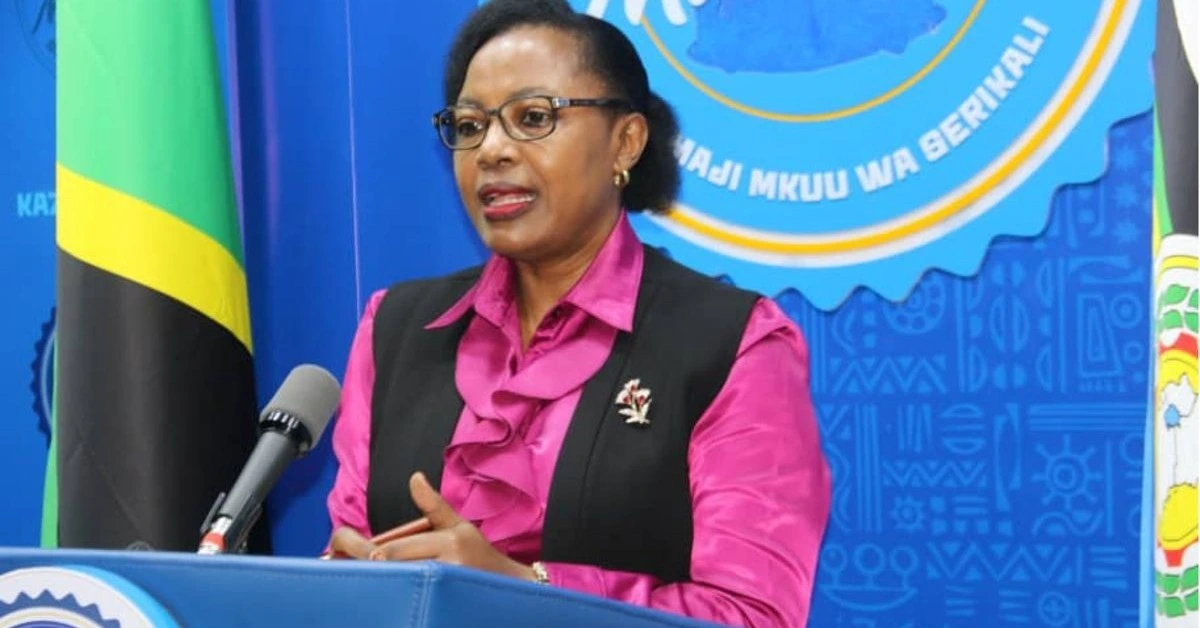
TANZANIA – The National Health Insurance Fund (NHIF) of Tanzania has launched a new initiative to provide essential healthcare services to 1.2 million impoverished households unable to afford medical expenses.
This effort aligns with Section 25 of the Universal Health Insurance (UHI), CAP 161, and involves collaboration with the President’s Office—Regional Administration and Local Governments (PO-RALG) and the Tanzania Social Action Fund (Tasaf).
In October of the previous year, Health Minister Jenista Mhagama informed Parliament that out of 14.8 million households in mainland Tanzania, 3.9 million are economically disadvantaged.
Among these, 1.2 million households, or 32.3 percent, have been identified as extremely poor and are slated to receive support under the government’s health insurance program.
NHIF Director General Dr. Irene Isaka emphasized the initiative’s goal to assist these vulnerable households, which will be identified through local government authorities.
She stated, “This is a special strategy that we’ve initiated, and we will begin rolling it out soon. We’ll collaborate with the PO-RALG and Tasaf, and the National Bureau of Statistics (NBS) to identify people in vulnerable households, so we can offer them the assistance they need.”
Dr. Isaka underscored the importance of this initiative, noting that health is a fundamental right, and many Tanzanians are unable to afford medical care despite their pressing needs.
Currently, only eight percent of Tanzanians are enrolled in NHIF, which operates in 10,004 healthcare facilities nationwide.
She also highlighted the need for public education to address misconceptions about the fund, including beliefs that members pay into the system without benefiting when they fall ill.
Over the past three years, NHIF has registered more than 2.2 million members and collected a total of Sh2.3 trillion (US $871.2 million)
During this period, NHIF paid out Sh2.29 trillion (US $866.1 million) to healthcare facilities and hospitals for services rendered to its members.
Additionally, Sh91 billion (US $34.4 million) was allocated for services to retired employees who were previously members of the fund.
Dr. Isaka noted that 60 percent of the funds paid out went towards the treatment of non-communicable diseases.
The fund has also been successful in reducing revenue loss, saving Sh22 billion (US $8.3 million) by suspending 36 employees, with more than 15 fully suspended, while others are under investigation.
XRP HEALTHCARE L.L.C | License Number: 2312867.01 | Dubai | © Copyright 2025 | All Rights Reserved